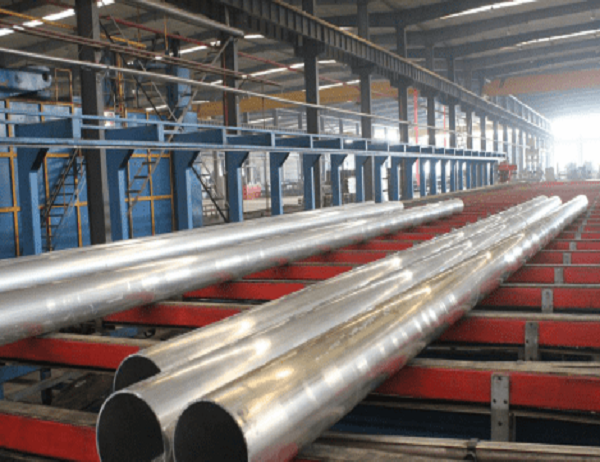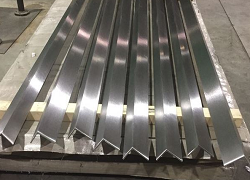Solar panels, a crucial component of sustainable energy production, rely heavily on sturdy and reliable frames to ensure their safety and durability. Among various materials used for framing, aluminum stands out as an ideal choice due to its exceptional properties. This article delves into the critical role of aluminum frames in enhancing solar panel safety.
Aluminum possesses excellent tensile strength and rigidity, making it an ideal material for building solar panel frames. These frames provide structural support, maintaining the panel’s shape and preventing deformation under various stresses. They can withstand high wind loads, impact forces, and extreme temperatures encountered in diverse climates. By ensuring the panel’s stability, aluminum frames protect the fragile photovoltaic cells within and prevent potential failures.
Harsh environmental conditions can compromise the integrity of solar panels, particularly in coastal areas or regions with high humidity. Aluminum frames excel in corrosion resistance. They form a protective oxide layer on their surface that prevents rust and other forms of degradation. This resistance ensures that the frames retain their structural integrity and protect the panel’s internal components over an extended lifespan.
Aluminum is a lightweight material, which is a significant advantage for solar panels. Lighter frames facilitate easy installation and handling, reducing the need for additional support structures. This weight reduction improves the overall efficiency of solar panel systems by reducing transportation costs and enabling the installation of more panels on smaller rooftops or limited spaces.
Aluminum’s excellent electrical conductivity plays a vital role in ensuring solar panel safety. The frames serve as a conductive path, connecting the panel’s electrical components and grounding the system. This grounding is crucial for protecting against electrical hazards, such as lightning strikes or electrical faults. By providing a low-resistance path to the ground, aluminum frames prevent the accumulation of dangerous electrical charges within the panel.
Aluminum frames exhibit exceptional durability and longevity. They are resistant to UV radiation, preventing degradation or discoloration over time. Additionally, aluminum frames are non-combustible, reducing the risk of fire hazards. These properties ensure that solar panels can operate reliably and safely throughout their intended lifespan, optimizing energy production and minimizing maintenance costs.
In addition to its performance advantages, aluminum is an environmentally sustainable choice for solar panel frames. It is a recyclable material, allowing for the recovery of a significant portion of the resources used in its production. By utilizing aluminum frames, solar panel systems contribute to a more circular economy, reducing waste and promoting sustainability in the renewable energy sector.
Aluminum frames play an indispensable role in ensuring the safety, durability, and performance of solar panels. Their exceptional structural integrity, corrosion resistance, weight reduction, conductivity, durability, and environmental sustainability make them the ideal material for protecting and supporting these critical components of renewable energy systems. As the demand for solar energy continues to grow, aluminum frames will remain an essential element in the safe and efficient deployment of solar panels worldwide.



